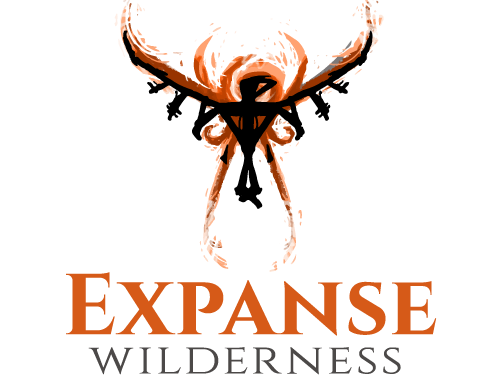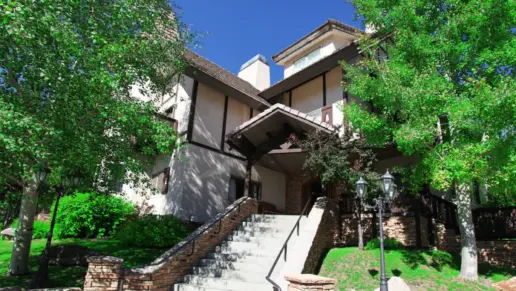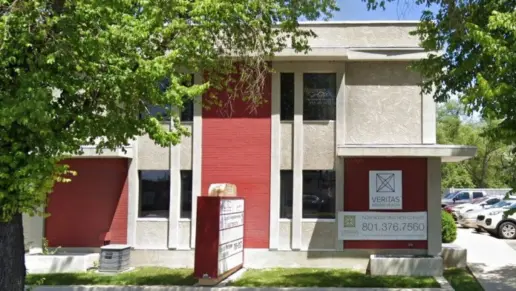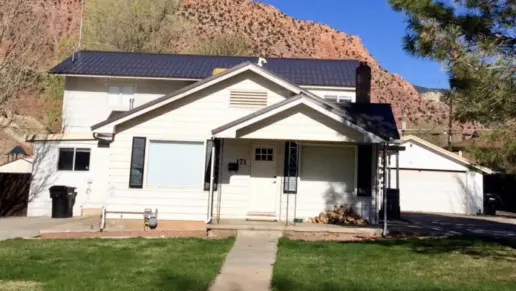About Expanse Wilderness
Expanse Wilderness is an addiction and mental health treatment program in Kanab, Utah. It’s designed specifically for adolescents who are struggling to transition into adulthood. It offers a unique therapeutic model to help with issues like depression, substance abuse, identity issues, self-harming behaviors, and personal motivation issues.
The Expanse Wilderness Program starts when the young adult undergoes an evaluation with one of the team’s staff. The information learned during this evaluation will help the staff at WinGate create an individualized treatment plan. This plan will include individual therapy sessions with a licensed therapist and a weekly session with a life coach.
From there, the student might be recommended to attend group sessions, undergo trauma treatment in the form of brain spotting or attend daily staff coaching. Each student also has access to unique and interesting mindfulness activities like yoga, tai chi and meditation. These activities not only help with mental health but also physical wellness, too. Hiking is the main activity at the Expanse because the program believes it helps young adults build confidence and self-reliance. On top of all this, the program also offers an Actual Wilderness Experience.
One great thing about this program is that it eliminates all the distractions in the young adult’s life. They won’t be influenced by social media, their regular peer groups, or their families as they focus on working through their personal issues. Young adults get the opportunity to learn and practice new skills before needing to incorporate them into their daily lives.
Facility Overview
Latest Reviews
Rehab Score
Gallery
Location
Addiction Treatments
Levels of Care
Treatments
A combined mental health and substance abuse rehab has the staff and resources available to handle individuals with both mental health and substance abuse issues. It can be challenging to determine where a specific symptom stems from (a mental health issue or an issue related to substance abuse), so mental health and substance abuse professionals are helpful in detangling symptoms and keeping treatment on track.
Programs

Clinical Services
Dialectical Behavior Therapy (DBT) is a modified form of Cognitive Behavioral Therapy (CBT), a treatment designed to help people understand and ultimately affect the relationship between their thoughts, feelings, and behaviors. DBT is often used for individuals who struggle with self-harm behaviors, such as self-mutilation (cutting) and suicidal thoughts, urges, or attempts. It has been proven clinically effective for those who struggle with out-of-control emotions and mental health illnesses like Borderline Personality Disorder.
EMDR is a therapeutic modality originally developed to help process trauma. In an EMDR session, a patient is prompted to undergo eye movements that mimic those of REM sleep. This is accomplished by watching a therapist's finger move back and forth across, or following a bar of light. The goal is repetitive sets of eye movements that help the brain reprocess memory, which can significantly reduce the intensity of remembered traumatic incidents. Associated memories can heal simultaneously, leaving patients significantly calmer, more stable, and more emotionally relaxed.
Research clearly demonstrates that recovery is far more successful and sustainable when loved ones like family members participate in rehab and substance abuse treatment. Genetic factors may be at play when it comes to drug and alcohol addiction, as well as mental health issues. Family dynamics often play a critical role in addiction triggers, and if properly educated, family members can be a strong source of support when it comes to rehabilitation.
Group therapy is any therapeutic work that happens in a group (not one-on-one). There are a number of different group therapy modalities, including support groups, experiential therapy, psycho-education, and more. Group therapy involves treatment as well as processing interaction between group members.
In individual therapy, a patient meets one-on-one with a trained psychologist or counselor. Therapy is a pivotal part of effective substance abuse treatment, as it often covers root causes of addiction, including challenges faced by the patient in their social, family, and work/school life.
Recreational therapy (aka therapeutic recreation) uses creative and fun activities to help with addiction recovery. Recreational therapists lead patients in entertaining and engaging activities like sports or games; art (drawing, painting, sculpture); drama, music, and dance; and/or community outings (field trips) to improve patients' physical, social, and emotional well-being.
Trauma therapy addresses traumatic incidents from a client's past that are likely affecting their present-day experience. Trauma is often one of the primary triggers and potential causes of addiction, and can stem from child sexual abuse, domestic violence, having a parent with a mental illness, losing one or both parents at a young age, teenage or adult sexual assault, or any number of other factors. The purpose of trauma therapy is to allow a patient to process trauma and move through and past it, with the help of trained and compassionate mental health professionals.
Amenities
-
Yoga Studio
-
Hiking
Accreditations

LegitScript has reviewed Expanse Wilderness as part of their certification program, and has determined that it meets the LegitScript standards for legality, safety and transparency.
LegitScript verified in October 2021
Contact Information
310 South 100 East
#11
Kanab, UT 84741



